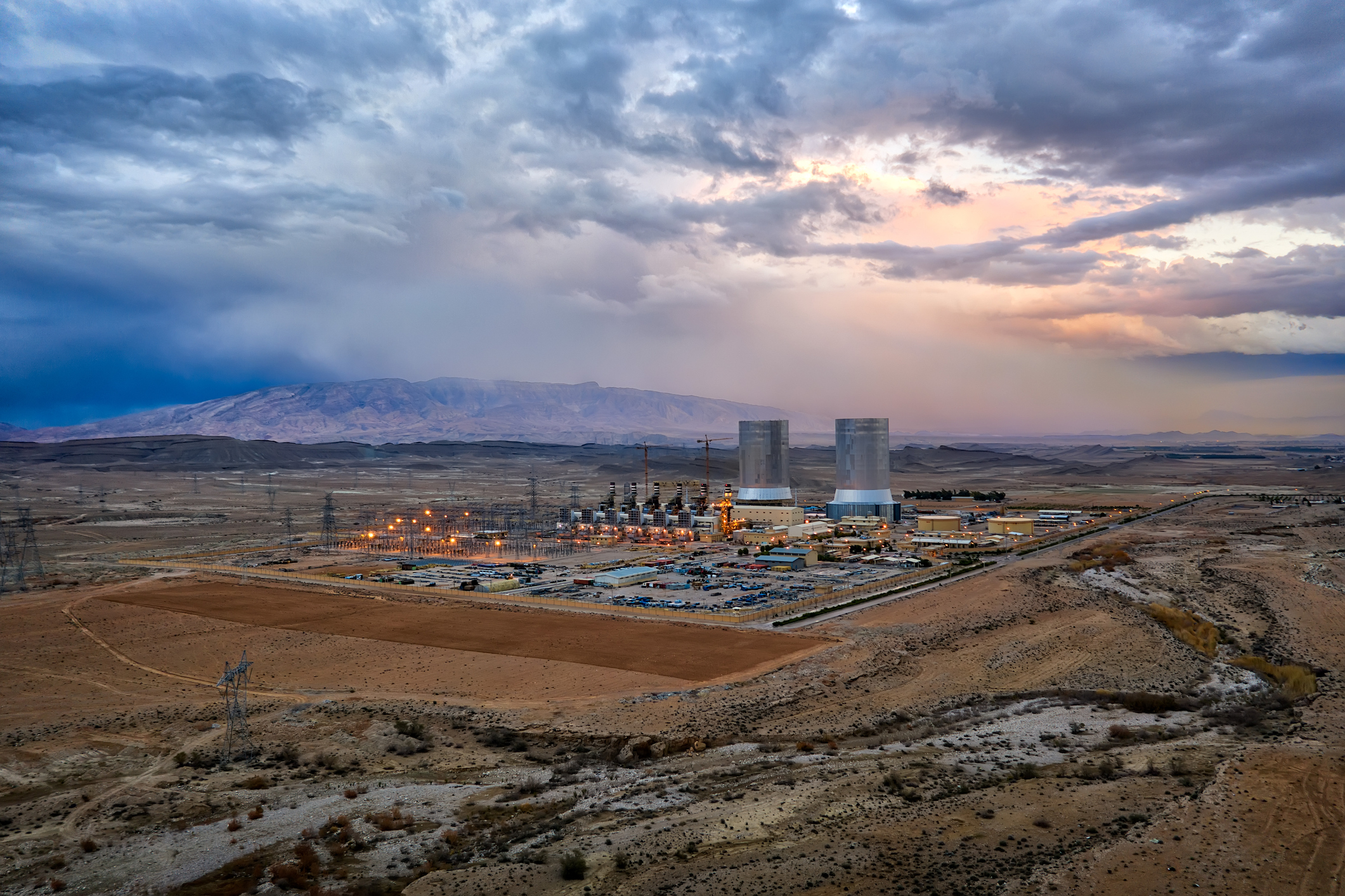
The Iranian nuclear deal, officially referred to as the Joint Comprehensive Plan of Action (JCPOA), represents an effective and significant diplomatic framework to address one of the most contentious issues in the contemporary international debate: the Iranian nuclear program. Multiple challenges and setbacks, over the time, weakened this tool of diplomacy, however despite the serious hitches, the framework still stands as a cornerstone of international diplomacy, and the only viable diplomatic pathway to resolve unnecessary crises surrounding the Iranian nuclear program. Therefore, to ensure its effectiveness and sustainability, it is imperative that all concerned parties including the U.S., E3 (U.K., France, and Germany), IAEA, and Iran, refrain from confrontational tactics and reaffirm their true commitment towards diplomatic solutions.
The major setbacks that impacted JCPOA were: the U.S. withdrawal from the agreement under President Trump’s presidency in 2018, the re-imposition of sanctions, and the inaction of European signatories regarding the imposed sanctions. These developments created a cascading crisis of confidence among participating entities of JCPOA which eroded effectiveness of the framework over the time. Iran, despite these setbacks, remained steadfast and fully complied with the agreement for an entire year after the U.S. withdrawal, however, inaction from the European signatories regarding the U.S. withdrawal and re-imposition of the U.S. sanctions compelled Iran to scale back its obligations which were permitted under JCPOA paragraphs 26 and 36.
Moreover, Iran’s nuclear activities such as increased Uranium enrichment and installation of advanced centrifuges are presented as acts of defiance and major barricades in the effective implementation of JCPOA by western states. The critics of Iranian nuclear activities often overlook the context that these developments are reversible and they were taken as countermeasures against the West’s failure to uphold their commitments. The accusations of non-compliance and portrayal of Iran as the sole party responsible for JCPOA failure not only misrepresent facts but also ignore the major cause of the current impasse which resulted from Western non-compliance.
Another challenge in reviving JCPOA is the imposition of additional sanctions on Iran by the U.S. The recent sanctions targeted different individuals and entities, associated with Iran’s Ballistic Missiles and Drone Program which are unrelated to JCPOA. These actions along with the U.S. accusation of arms transfer to Russia have not only been politicizing the nuclear deal but have also been undermining the central purpose of JCPOA which is ensuring the peaceful nature of Iran’s nuclear activities. Unsubstantiated claims about arms transfers to Russia and regional missile developments have no bearing on the JCPOA and should not obstruct efforts to revive the agreement.
For sustaining and strengthening JCPOA, the first and foremost step is the renewal of this framework. The clock is ticking toward the expiration because the provisions of JCPOA under United Nations Security Council Resolution 2231 will expire in October 2025, therefore, the urgency for renewal of this framework cannot be overstated. The undersecretary-general Rosemary DiCarlo also highlighted the concerns of renewal with context to heightened regional escalation and persistent impasse in negotiations.
Furthermore, to revive the framework effectively, all parties must engage in negotiations with impartiality and without any political agenda. For example, the joint statement of E3 accusing Iran of escalating its nuclear program can further erode the trust among the signatories which is necessary for reviving JCPOA. These types of criticism of Iranian nuclear activities are often derived from reports presented by IAEA that usually express concerns over Iranian nuclear activities such as centrifuge installations and its enriched uranium stockpiles.
Recently, the DG of IAEA Rafael Grossi has suggested that a revised framework of JCPOA should be pursued to address advancement in Iran’s nuclear program. He also suggested that European states, China, Russia, and the U.S. should also collaborate with IAEA to develop a framework that addresses the current dynamics of Iran’s nuclear program. Nevertheless, despites these claims of upgradation, Iran’s nuclear program continue to operate under stringent IAEA monitoring, and allegations of weaponization lack credible evidence. The revisions in the agreement should only be carried out to address technical issues and it should not divert attention from the core issue that non-compliance from the U.S. and E3 has been undermining any constructive dialogue.
Iran, on the other hand, proved its commitment to diplomacy and peaceful resolution multiple times. Despite challenges and accusations from the Western world, Iran has been participating in different diplomatic forums to find constructive pathways to diplomacy. For example, Iran’s participation in eight rounds of Vienna talks shows its willingness to reach a mutually beneficial agreement. However, politically motivated statements coupled with unrealistic demands of Western states have stalled progress and delayed decision-making multiple times.
To move forward, all the parties (especially the U.S. and E3) must revisit their strategies, and they must acknowledge their role in the current impasse and take meaningful steps in rebuilding lost trust. Iran’s right to peaceful nuclear energy under the Nuclear Nonproliferation Treaty must be recognized to achieve mutual respect and trust. Furthermore, cooperation should be restored through lifting sanctions, fulfilling economic commitments, and restoring the impartiality of signatories. Reviving JCPOA is mandatory because it is the only framework that can address concerns related to Iranian nuclear program while promoting regional stability. Therefore, all concerned parties need to abandon confrontational approaches and political agendas that can further escalate the crisis and undermine the credibility of multilateral diplomacy.
